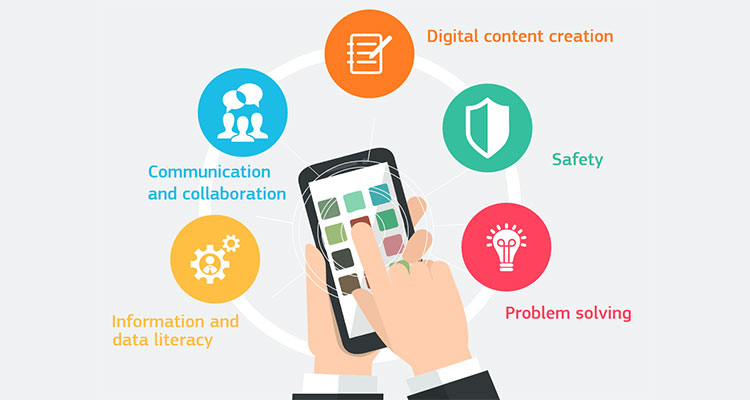Only two months after the Gothenburg Summit on 17 November 2017, the European Commission has today adopted new initiatives to improve key and digital competences of European citizens and to promote common values and pupils’ awareness of the functioning of the European Union.
They are intended to reduce socio-economic inequalities, whilst sustaining competitiveness in order to build a more united, stronger and more democratic Europe.
Jyrki Katainen, Vice-President of the Commission for Jobs, Growth, Investment and Competitiveness, said: “Today’s initiatives aim at empowering individuals so that they can make the most of their lives and so that we can build fair, resilient economies and societies.
Tibor Navracsics, Commissioner for Education, Culture, Youth and Sport, said: “Europe’s education and training systems need to give people from all backgrounds the right competences to progress and prosper professionally, but also enable them to be engaged citizens. We need to harness the potential of education to foster social cohesion and a sense of belonging.”
Mariya Gabriel, Commissioner for The Digital Economy and Society, added: “The digital skills gap is real. While 90% of future jobs require some level of digital literacy, 44% of Europeans lack basic digital skills. The Digital Education Action Plan we propose today will help Europeans, educational institutions and education systems to better adapt to life and work in increasingly digital societies.”
The new proposals will also feed into the first European Education Summit which Commissioner Navracsics will host in Brussels on 25 January.



